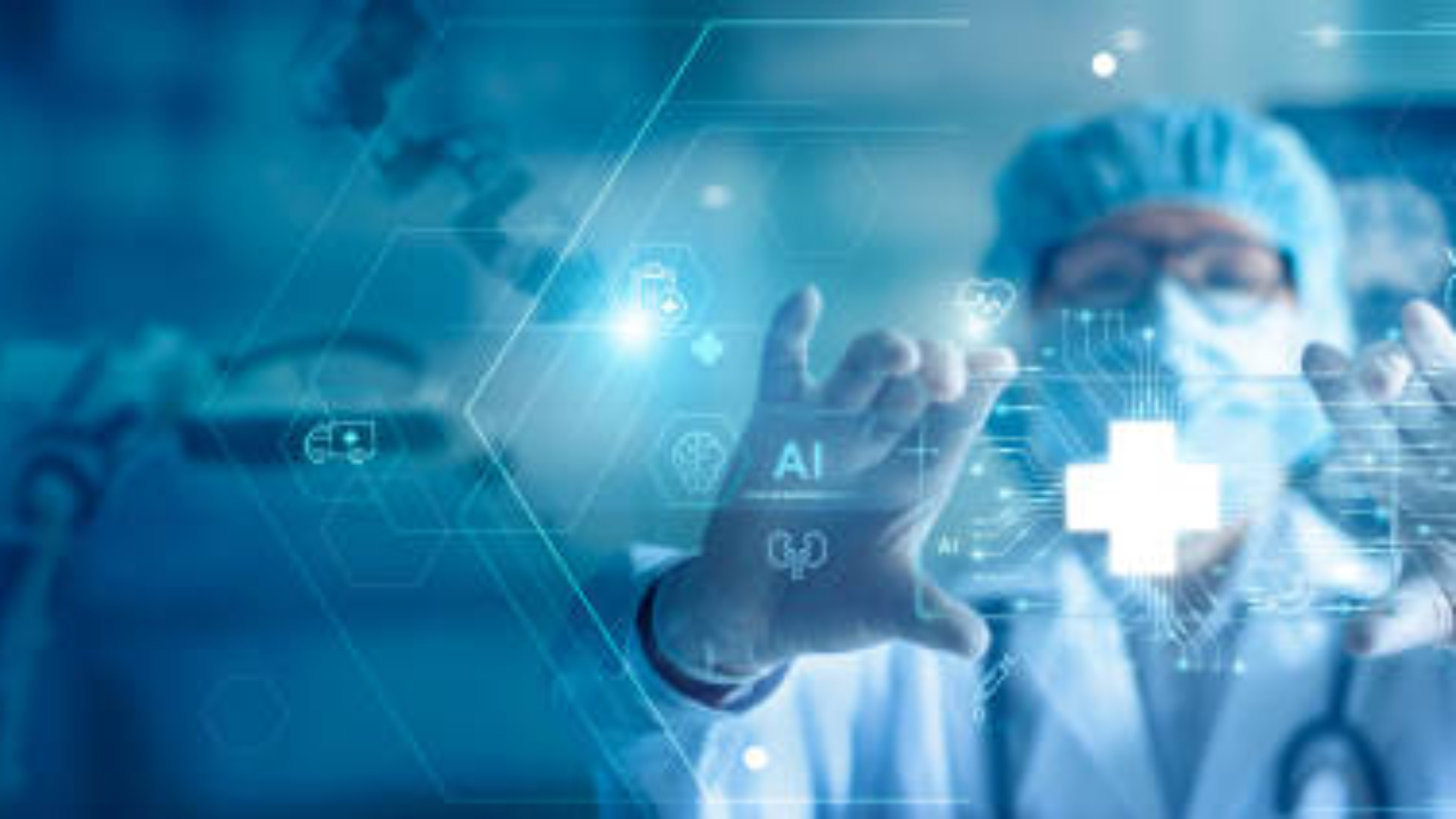Artificial Intelligence (AI) algorithms play a critical role in augmenting decision support tools within the ERTRIAGE system, particularly in prehospital settings where timely and accurate assessment is vital. In such high-pressure environments, AI technologies enhance triage by integrating real-time physiological data with historical health records to deliver fast, evidence-based, and personalised clinical recommendations.
At the core of ERTRIAGE’s intelligent support system is a hybrid model that combines rule-based triage protocols (e.g., ESI, GENEVA, NEWS) with machine learning algorithms, including generative AI. These AI components are trained using expert-labelled datasets and continuously improved through real-world validation from emergency healthcare professionals. In prehospital scenarios—such as ambulance transport or disaster zones—the system can autonomously ingest data from diagnostic devices like pulse oximeters, ECG monitors, and temperature sensors. This data is analysed in real-time, generating a severity score that guides frontline responders in prioritising patients.
Generative models such as GANs (Generative Adversarial Networks) are used to create synthetic data that helps fill gaps in training datasets, particularly for rare or complex conditions. Simultaneously, predictive models like Gradient Boosting Machines (GBMs) and Recurrent Neural Networks (RNNs) are employed to handle non-linear temporal data, enabling the system to anticipate deterioration based on subtle physiological trends.
The AI-driven decision support interface presents simplified, prioritised alerts and suggested interventions to non-specialist users, enabling rapid decision-making even in bandwidth-limited or chaotic environments. Moreover, the system includes a feedback loop in which clinical validations and user inputs are fed back to refine the algorithm, improving performance over time.
In summary, AI algorithms in ERTRIAGE transform conventional triage into a dynamic, personalised, and highly responsive process. They bridge the gap between limited human resources and the demand for precision care, particularly in prehospital contexts where early intervention can significantly affect outcomes.
Case: Road Traffic Accident in Rural Area
Application: A paramedic team arrives at the scene with limited diagnostic resources and unstable network connectivity. Using the offline-capable ERTRIAGE system on a tablet, they quickly input basic patient data, symptoms, and real-time vitals via portable oximeter, thermometer, and ECG.
Outcome: The system provides a severity score and recommends immediate evacuation and alerts the hospital ahead of arrival, with a QR-coded patient summary.
